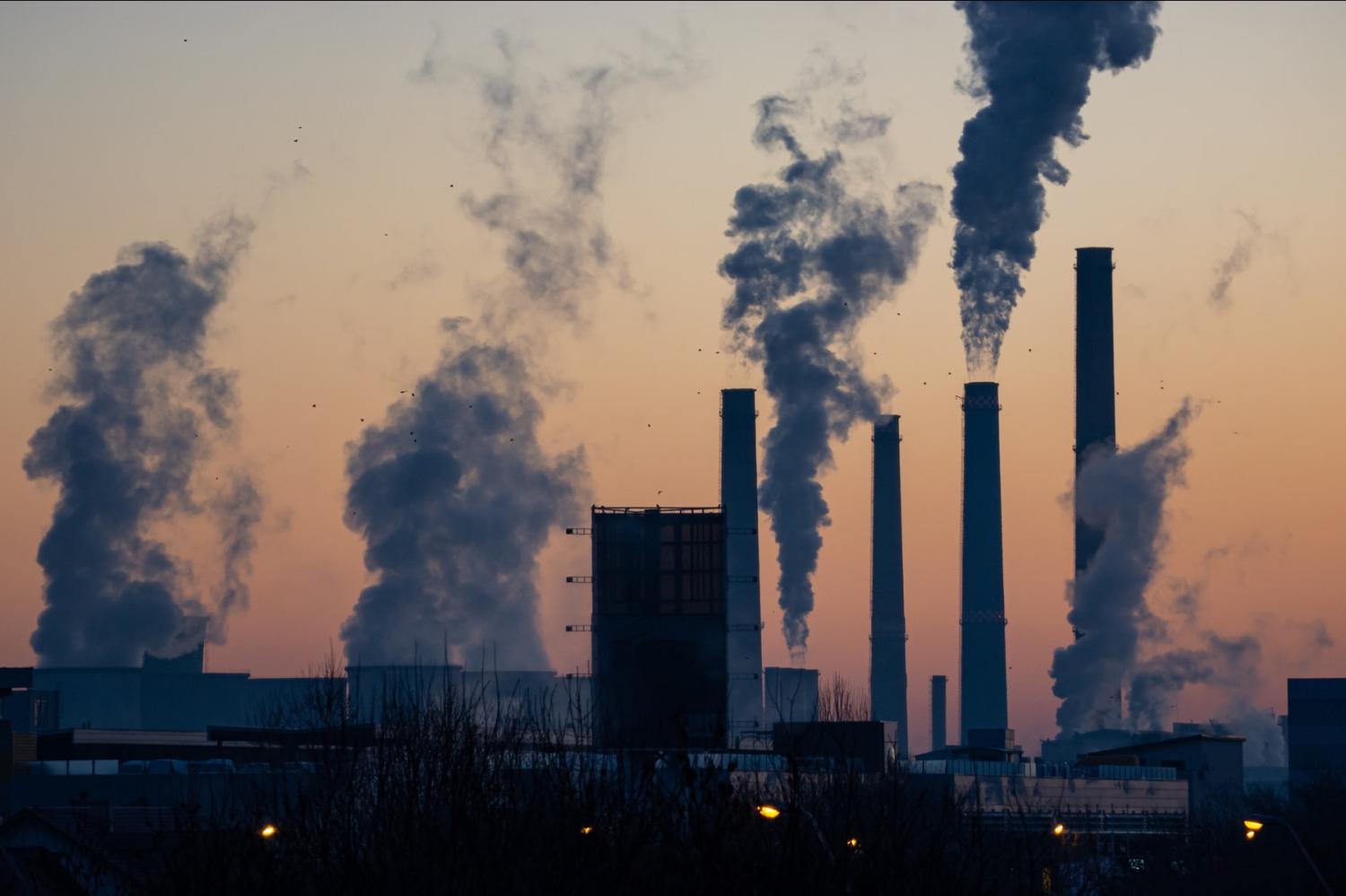
Beyond the ongoing tragedy in Ukraine, Russia’s unprovoked invasion of its neighbor has sent food prices soaring and threatens to push more people into poverty. Rising energy prices are also causing many people and their leaders to lose sleep; just look at France’s presidential election, which is proving to be a nail-biter over many citizens’ legitimate fears of rising prices for fuel and food. Across the pond, the energy industry is pressuring the Joe Biden White House to ramp up fossil fuel production in the name of energy security, even though an executive order has banned such imports from Russia, which for the U.S. had never been a huge supplier of fuel to begin with.
It’s clear that the U.S., the European Union and NATO won’t take bolder action to stop the slaughter in Ukraine; at the same time, the EU also hasn’t stopped the flow of Russian oil and gas, which has resulted in a scenario that the U.S. CIA had predicted as far back as the early 1980s.
Now, as U.S. companies explore the possibility of shipping natural gas across the Atlantic to the EU, while the Biden administration floated trial balloons to explore procuring more energy from Saudi Arabia and Venezuela, one influential group of investors is asking: What about the world’s long-term climate goals?
A group of financial companies, insurers and pension funds, which together manage more than $10 trillion in assets, has urged governments worldwide to stick to their long-range plans and not abandon their goals in the name of energy security in order to ensure that global temperatures do not increase more than 1.5 degrees Celsius by mid-century, as policymakers agreed upon in the 2015 Paris accords.
“Choices made by policymakers now must not delay the longer-term adjustments that are needed for energy markets and infrastructure to align with the Paris Agreement and reach net-zero emissions," the Steering Group of the Net-Zero Asset Owner Alliance (NZAOA), a United Nations-convened business coalition that includes companies such as Allianz, CalPERS, Generali, Legal & General, Société Générale, Swiss Re and Zurich, wrote in an open letter late last week.
The letter does not specifically call out the invasion of Ukraine, though NZAOA does acknowledge that “heighten[ed] geopolitical tensions” are behind many policymakers’ scrambling to shore up their energy security strategies. In any event, the group insists that any additional developments of new fossil fuel sources, the infrastructure that would be paired with them, and the government subsidies that would fund such projects could result in the creation of more stranded assets in the long run, not to mention the fact such plans would scuttle any net-zero strategies and continue market distortions across the globe.
“The only approach that can and will lead to long-term energy security is a massive scaling of low- and zero-carbon technologies — including new, breakthrough technologies — and infrastructure,” the group wrote, adding that energy-efficiency tactics should be ramped up while calling for more research, specifically the “scaling” of new energy technologies.
Noting that the costs to implement solar power, wind power and lithium-ion batteries have increased in efficiency while plunging in price per unit of energy, NZAOA concluded that such a continued focus would only boost energy security in the long run and protect governments and their citizens from price volatility caused by oil and gas.
The NZAOA’s assessment comes in the wake of a report from another coalition of asset managers, the Institutional Investors Group on Climate Change (IIGCC), which represents more than 370 organizations across 22 nations that together oversees more than $54 trillion in assets. The IIGCC’s report, which does not mention the war in Ukraine at all, is a similar call to stay the course; if anything, it is making the case for even more funds to ensure that the world meets its Paris Agreement goals.
Noting that climate solutions this decade alone would require about $32 trillion in investments, the IIGCC study suggests that the private sector should do its part and fund 70 percent of those costs, or about $22.5 trillion, in order to avoid climate catastrophe by mid-century. “Institutional investors have an immense opportunity to rapidly align their portfolios with the goals of the Paris Agreement by reducing financed emissions, increasing investment in climate solutions and engaging with companies to ensure timely decarbonization,” the report concludes.
Image credit: Ella Ivanescu via Unsplash

Leon Kaye has written for 3p since 2010 and become executive editor in 2018. His previous work includes writing for the Guardian as well as other online and print publications. In addition, he's worked in sales executive roles within technology and financial research companies, as well as for a public relations firm, for which he consulted with one of the globe’s leading sustainability initiatives. Currently living in Central California, he’s traveled to 70-plus countries and has lived and worked in South Korea, the United Arab Emirates and Uruguay.
Leon’s an alum of Fresno State, the University of Maryland, Baltimore County and the University of Southern California's Marshall Business School. He enjoys traveling abroad as well as exploring California’s Central Coast and the Sierra Nevadas.














